10 key principles for cleansing your liver
By Nutrition Consultant, Jess Robinson
Why do a cleanse?
The liver works hard 24 hours, 7 days a week breaking down and eliminating the many toxins that enter our body, metabolising hormones, detoxifying our blood, producing the bile that is needed to digest fats and storing essential vitamins, minerals and iron. Our liver is essentially the master cleanser, and because of the important functions it carries out every day, it needs to be functioning optimally. Today, there are numerous toxins we are exposed to on a daily basis, environmental toxins in our homes and at work, as well as in the food we eat.
This is where a cleanse can be very beneficial. Here are the 10 key principles to follow to naturally cleanse your liver:

1. Be in tune with your body
We are referring to your appetite, do not eat if you are not hungry. Many people have set times for all meals, regardless of how their appetite is at the time. It is much healthier to eat when you are hungry rather than going off the time. At the same time, if you are full before your plate is empty (even if you only have a few bites left), stop eating. Eating when you are not hungry or eating larger portions than you feel like can overwork your liver and cause unnecessary wear and tear to this vital organ. Do yourself a favour, and listen to your body.

2. Drink plenty of H2O
It is recommended to drink at least 10 glasses of filtered water a day to stay adequately hydrated. Your body requires small and frequent sips of water throughout the day to cleanse the liver and kidneys and aid weight loss. If your cells become dehydrated they will shrink and their ability to carry out many important functions will be impaired. It is best to have liquid 20 minutes away from meals as drinking liquid with meals can dilute your digestive enzymes and affect digestion. Adequate fluids include water, herbal teas and fresh vegetable juices. There are excellent juicing recipes in Dr Cabot’s book ‘Raw Juices Can Save Your Life’.

3. Minimise sugar intake
It shouldn’t be a surprise to hear that excess amounts of sugar do not do your body any favours. Refined sugars are especially bad and can be found in baked goods, lollies, condiments, soft drinks, cakes and biscuits. Foods that contain refined sugar and flour place excess stress on the liver and promote the growth of unfriendly bacteria in the gut (e.g. Candida). Even the natural sugar fructose, that is present in fruits should not be consumed in excess as it can cause fluctuations in blood sugar. If you are trying to lose weight or have diabetes we recommend having no more than two pieces of fruit a day. There is an excellent eating plan for diabetics in Dr Cabot’s book ‘Diabetes Type 2: You Can Reverse It Naturally’.
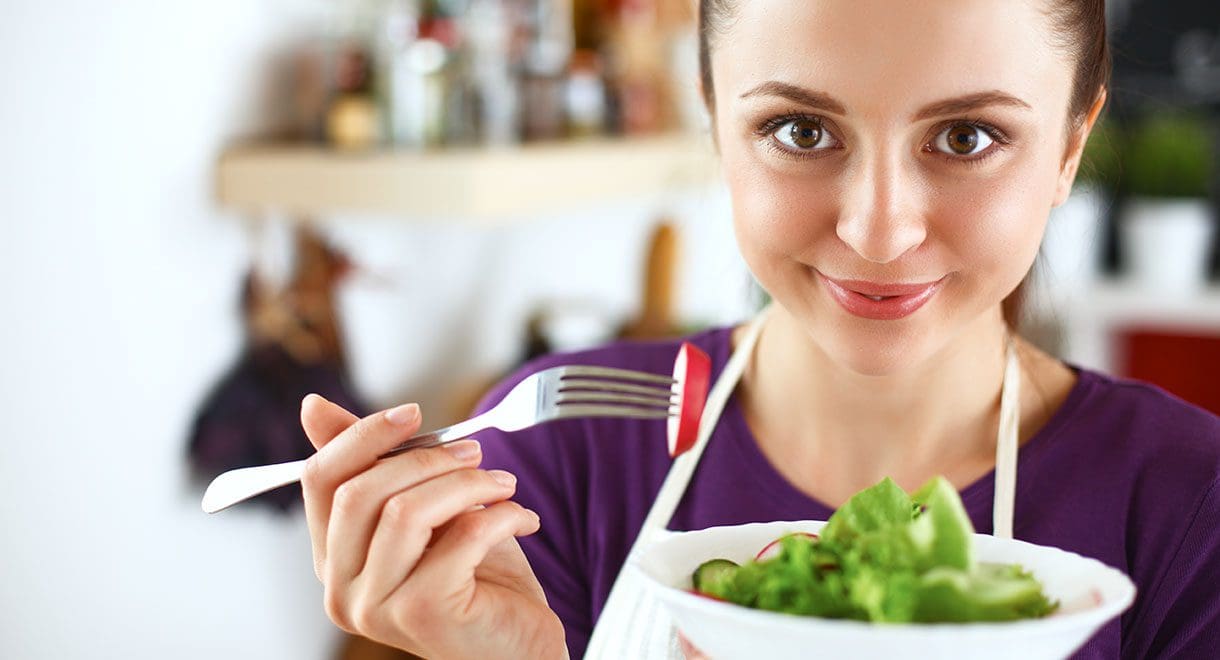
4. Chew your food thoroughly
Eat your food slowly to allow ample time for digestive enzymes to break down food properly. Try to eat in a relaxed and quiet environment as eating when you are stressed or anxious can affect your gut and cause bloating and indigestion. Eating slowly will also allow more time for your satiety hormones to signal that you are full and prevent overeating. Eating quickly often causes overeating and can place a great deal of stress on the liver. Taking a liver tonic can be very beneficial as it can aid liver detoxification and increase bile flow.
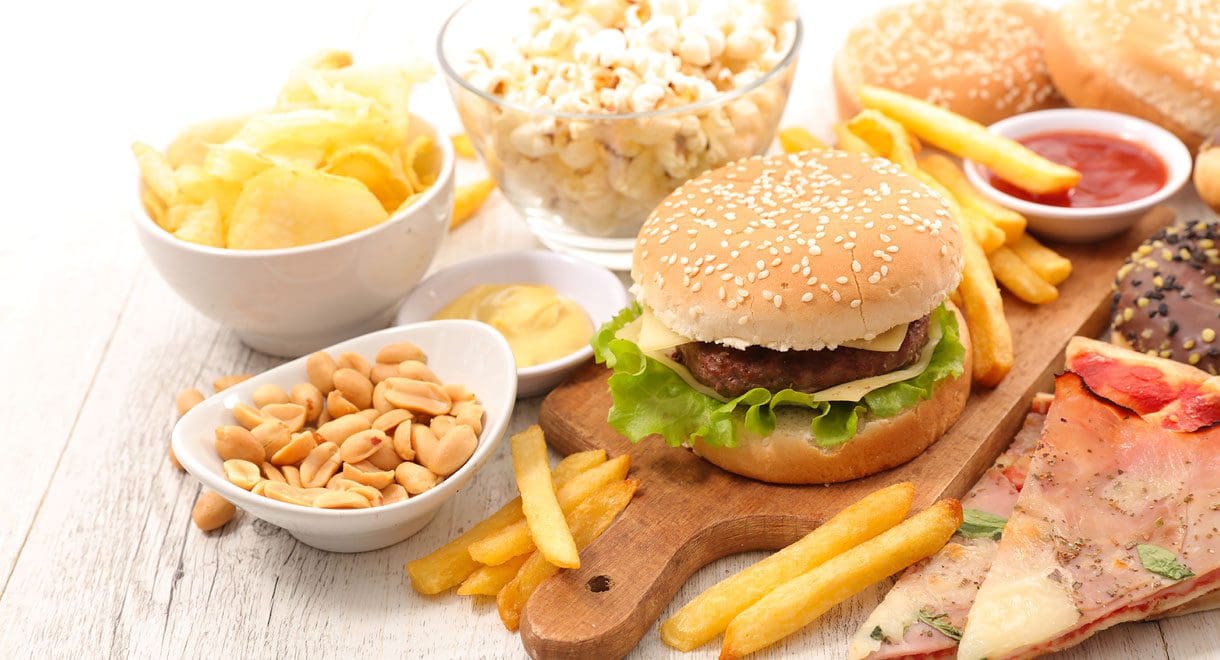
5. Avoid processed foods
Many processed foods and takeaway foods are high in preservatives, which does not destroy microorganisms but keeps them in a dormant state. This means that after consumption these microorganisms are able to proliferate in the gut. This is why it is so crucial to eat only whole, fresh, high quality foods. The risk of food contamination increases with extended storage times, the number of people handling and packaging food, and incorrect cooling and re-heating temperatures. To reduce risk, avoid re-heating food more than once and only consume high quality food.
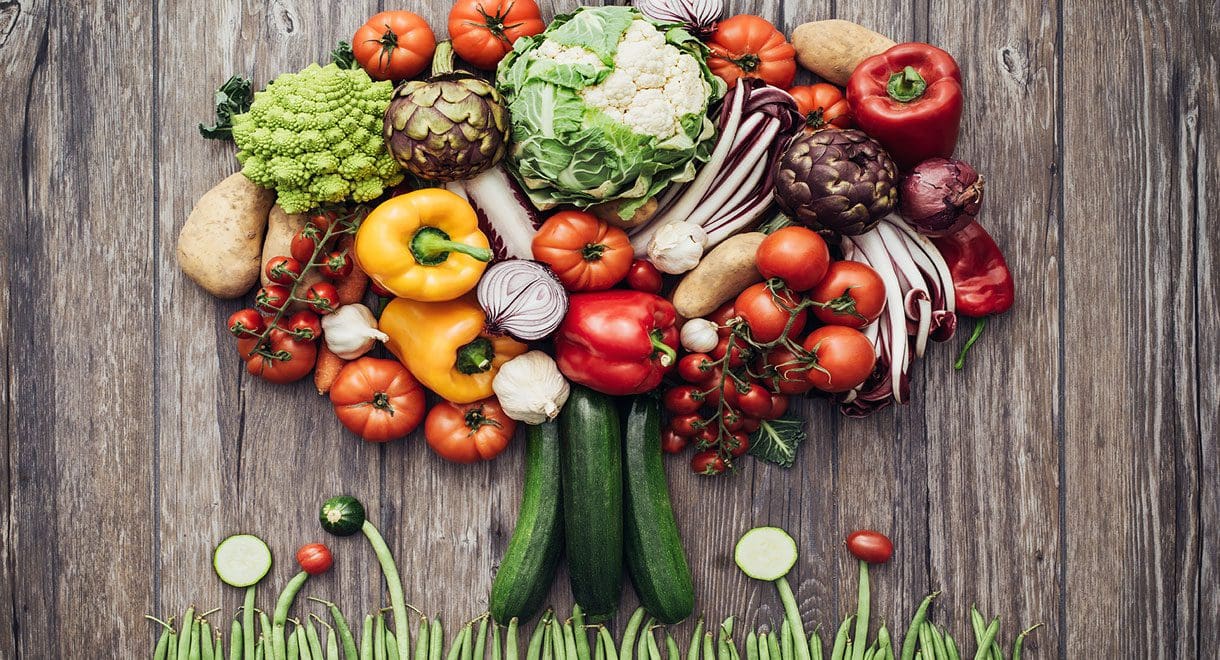
6. Go organic where possible
Although it is ideal to purchase and consume organic products, this may not be convenient or possible due to financial or logistical reasons. If possible, purchase organic or grass-fed meats and always buy free-range chicken and eggs. These types of foods contain less pesticides, hormones and antibiotics. You may want to consider growing your own vegetable garden. An easy option is to buy some herbs as they are quick and convenient to grow and are a great way to add extra flavour and nutrition to salads, soups and other dishes. You will also know that you are consuming organic high-quality herbs.
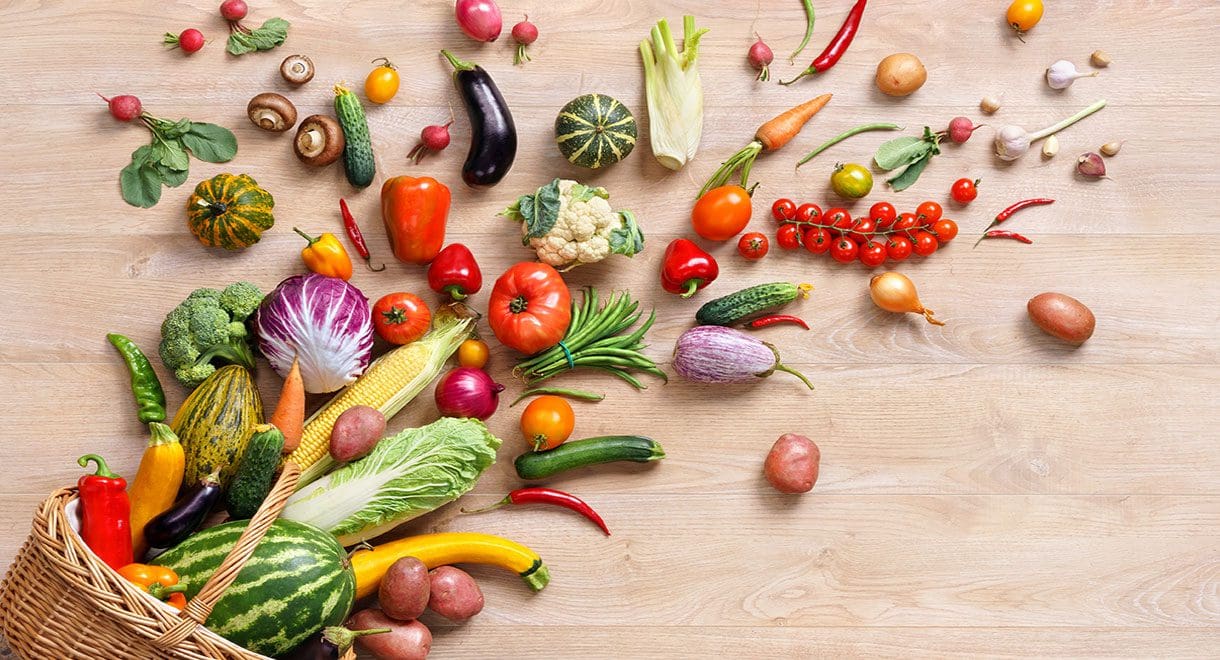
7. Eat plenty of raw vegetables and fruits
Raw vegetables and fruits are the most powerful liver healing foods. They help to cleanse and repair the liver filter so more fat and toxins can be trapped and removed from the blood stream. They should be consumed with every meal as they contain living enzymes, vitamin C, natural antibiotic substances, and anti-cancer phytonutrients. Aim to consume a large salad at least once a day, using a dressing made with cold pressed oils, apple cider vinegar and/or lemon or lime juice. Eating a diet high in fresh vegetables and fruits is also an excellent way to keep you regular, as these foods are high in fibre. Many people only have salads in summer, whereas salads should be consumed all year round to achieve optimal health.
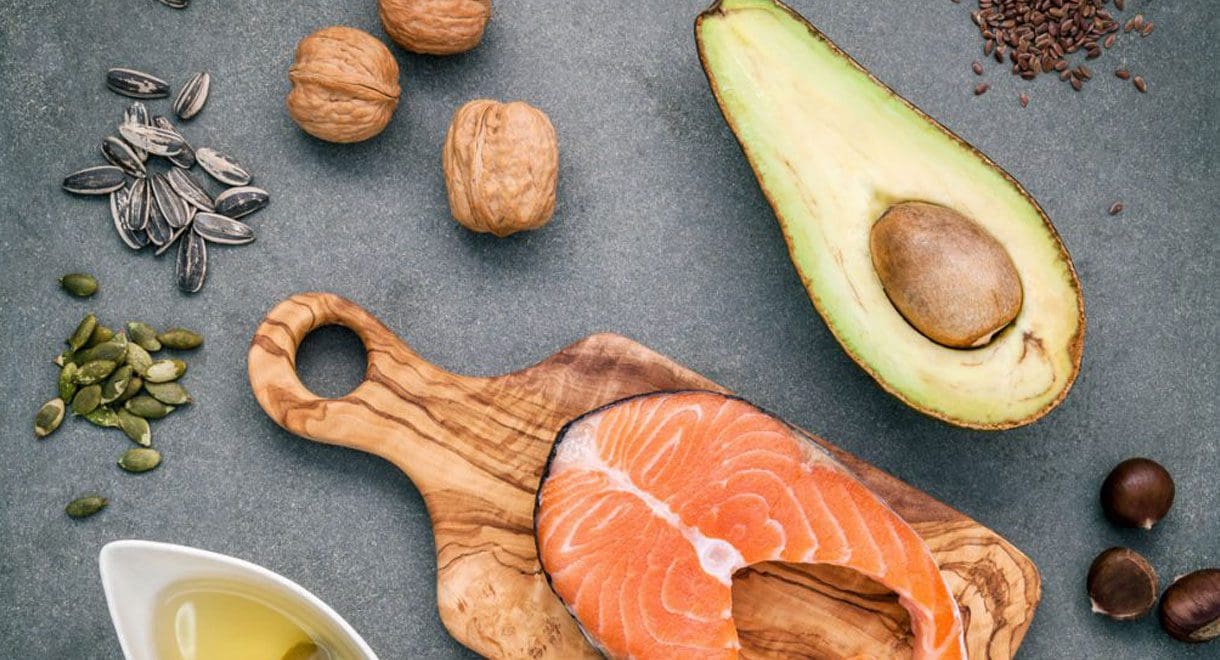
8. Consume good fats
Eating the wrong fats can harm your liver and damaged fats are found in all deep-fried foods, processed and preserved meats, partially hydrogenated vegetable oils and trans-fatty acids found in margarines and cheap cooking oils. The liver is the primary fat-burning organ in the body, but if it becomes choked with unhealthy fats, it will not sufficiently carry out its metabolic functions and your metabolism will slow down. The healthy fats you need to include in your diet are present in seafood, avocadoes, cold pressed olive oil, nut and seed oils, raw nuts and seeds.
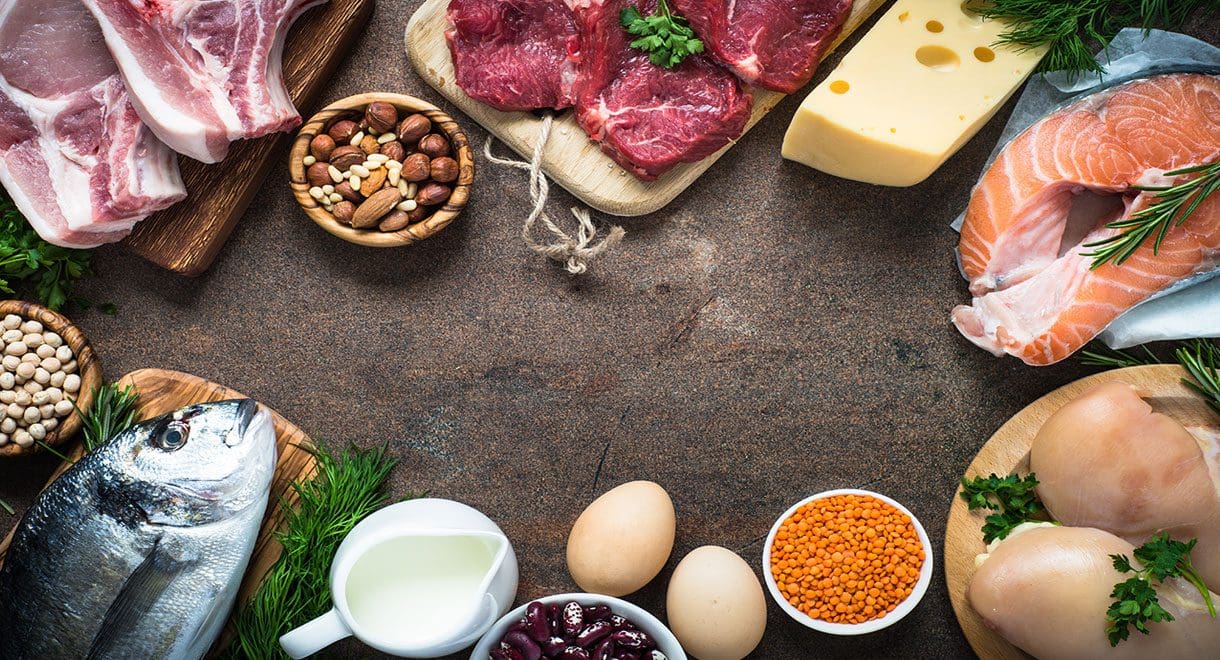
9. Eat a variety of good quality protein
Ideally, protein should be included with every meal. Good sources of protein include chicken, seafood, lean meat, eggs, whey protein, unflavoured plain yoghurt, certain cheeses and legumes (beans, lentils, chickpeas). The benefits of protein include: promoting satiety, stabilising blood sugar levels, reducing cravings for carbohydrates, building muscle and being used for energy, and improving brain chemistry to reduce mood changes and depression. Our Synd-X protein powder is high in protein and low in carbohydrate and is a delicious addition to smoothies, muesli or sweet treats.
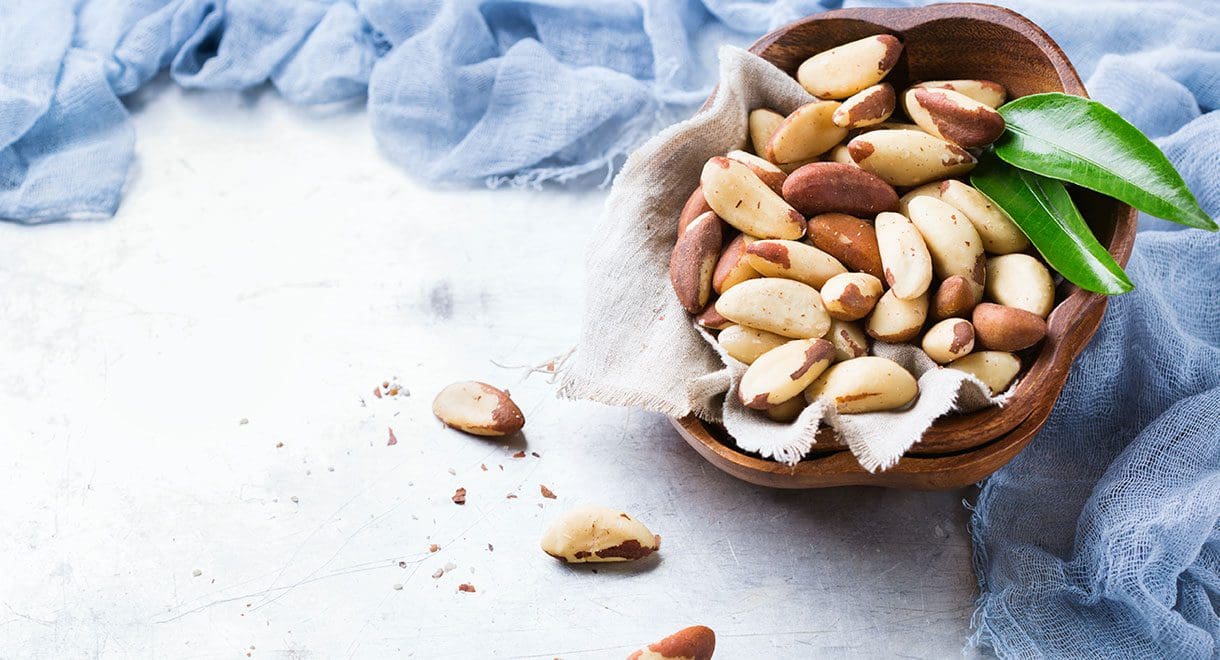
10. Give your liver extra attention
Your liver can always use some extra TLC (Tender Loving Care) and many could benefit from taking glutamine. Glutamine is an amino acid that is vital for intestinal health and is an integral part of glutathione, the most potent antioxidant and detoxifier in the body. The majority of people are deficient in selenium due to the low amount in our soils. Brazil nuts are one of the highest dietary sources of selenium, but it is difficult to get sufficient selenium from diet alone. Selenium is a powerful antioxidant that has anti-inflammatory properties and can fight free radicals and support healthy immune function.
For further information on essential liver cleansing principles, check out Dr Cabot’s book ‘The Liver Cleansing Diet’.




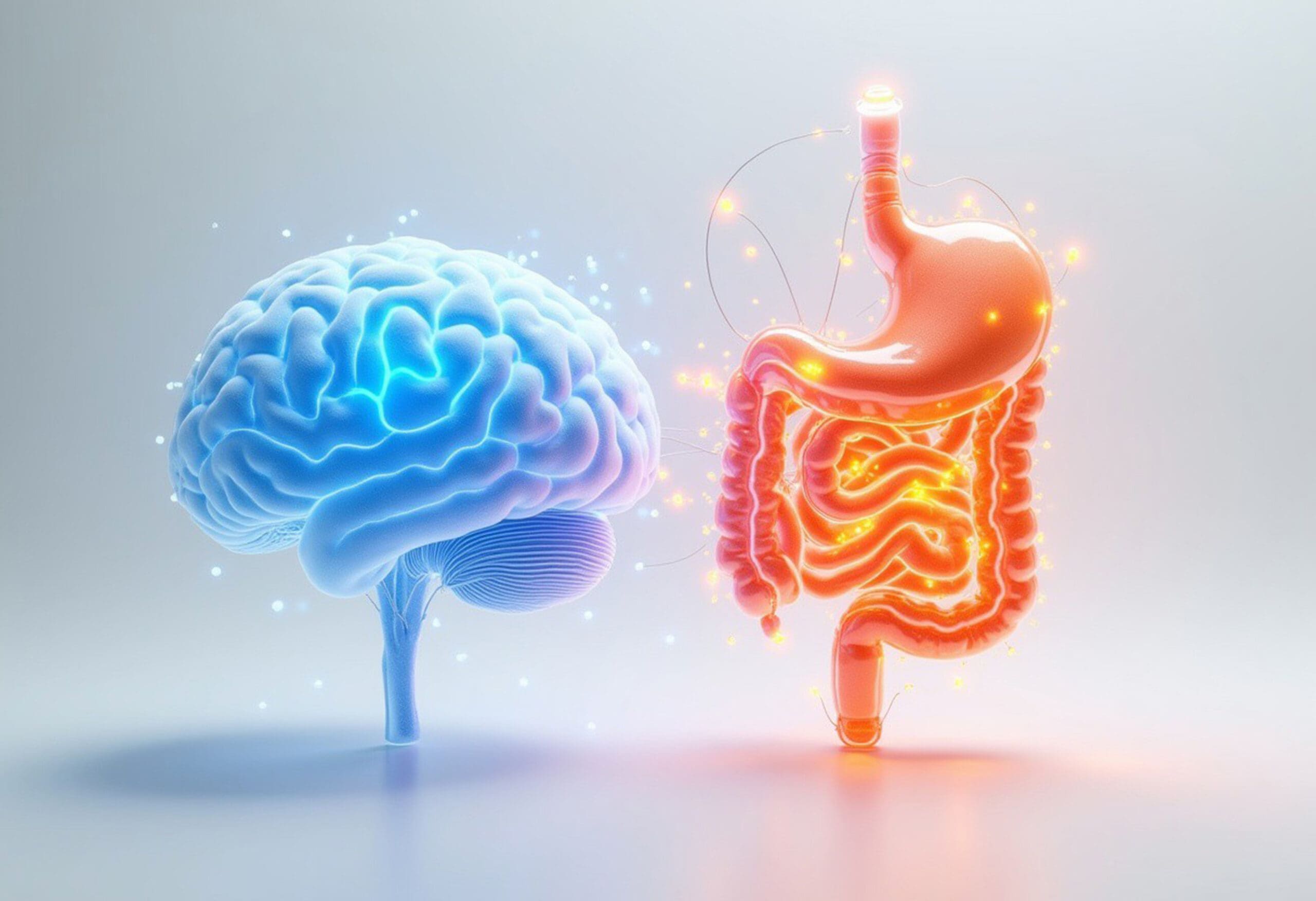
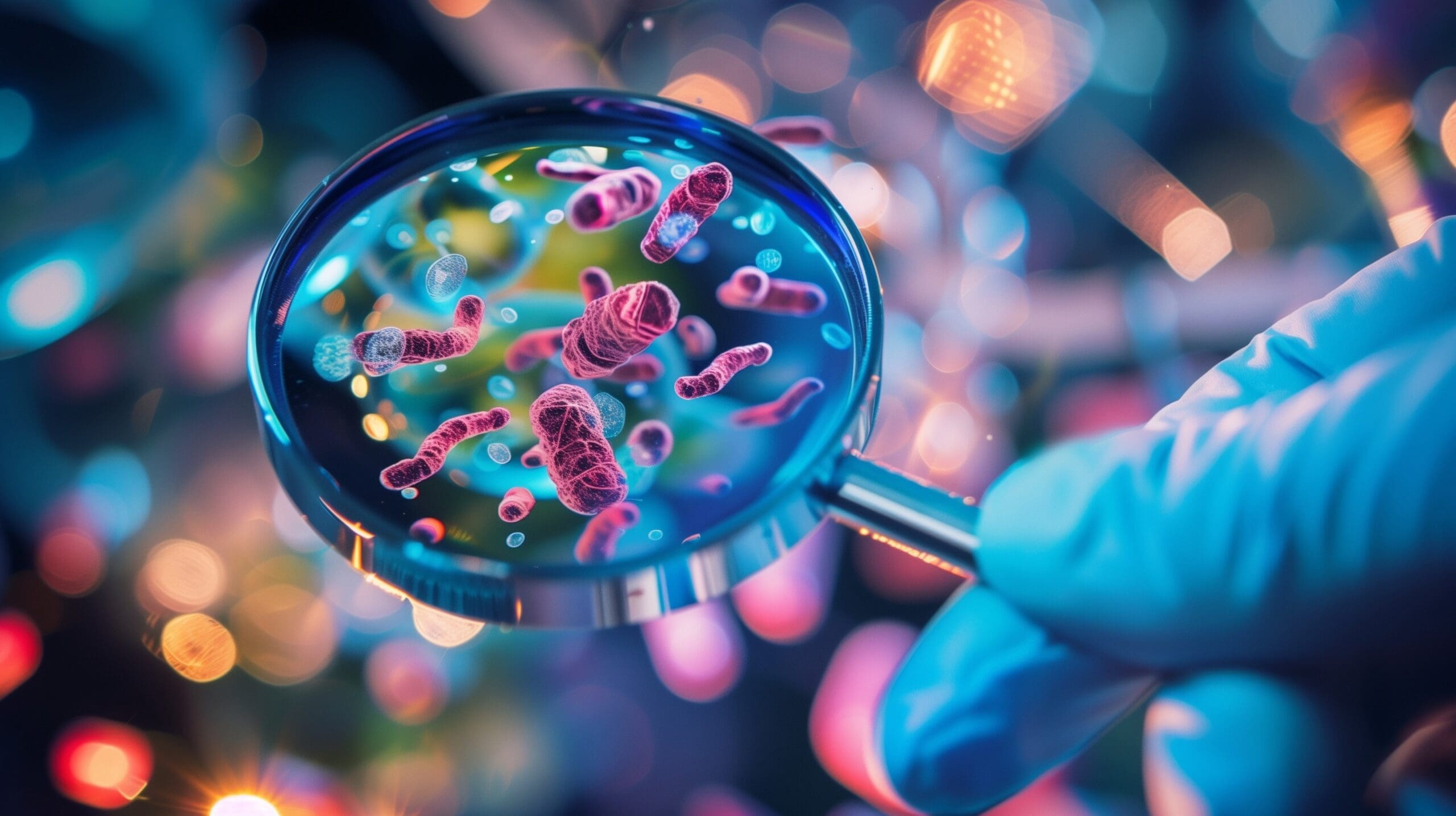
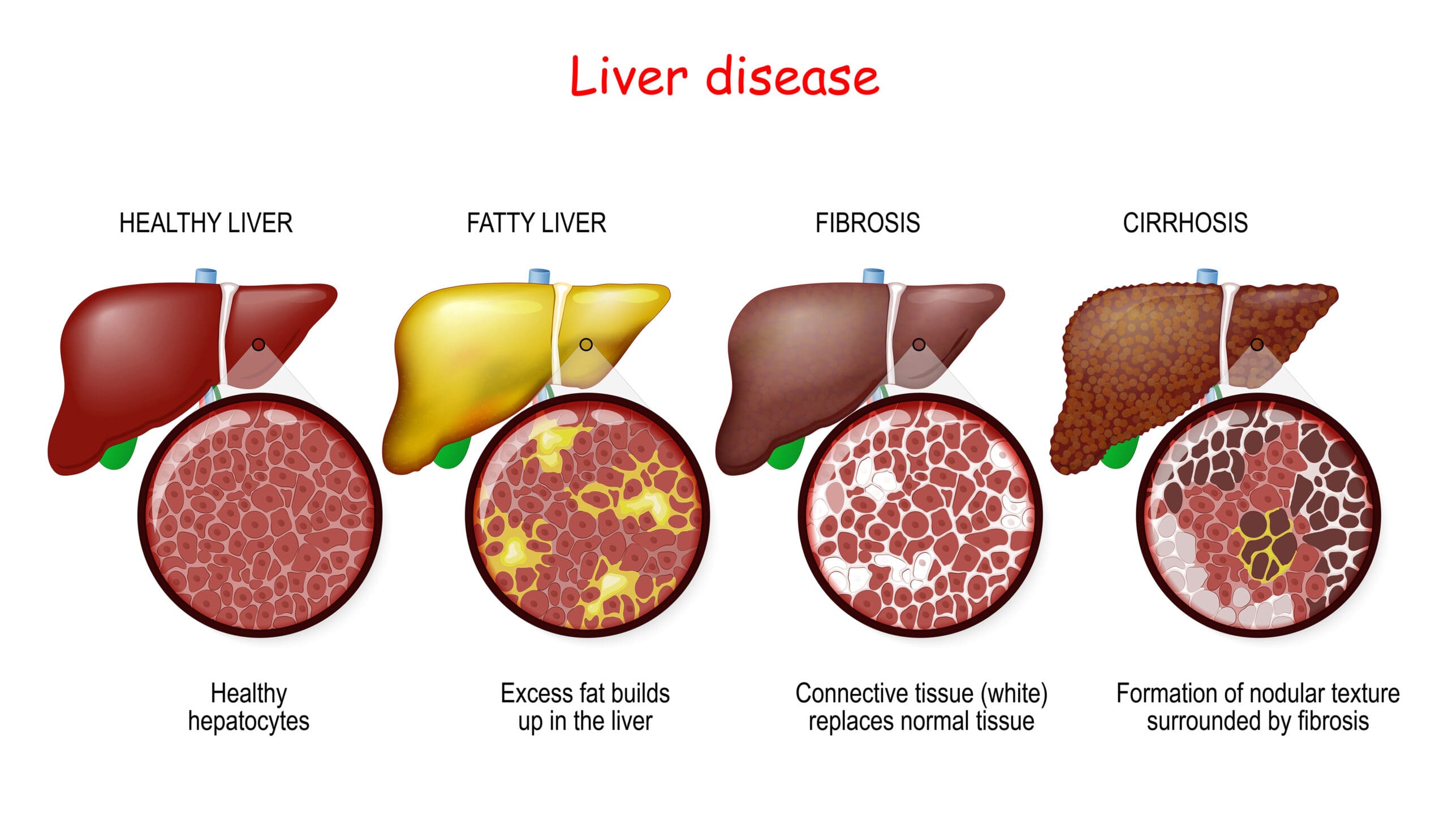
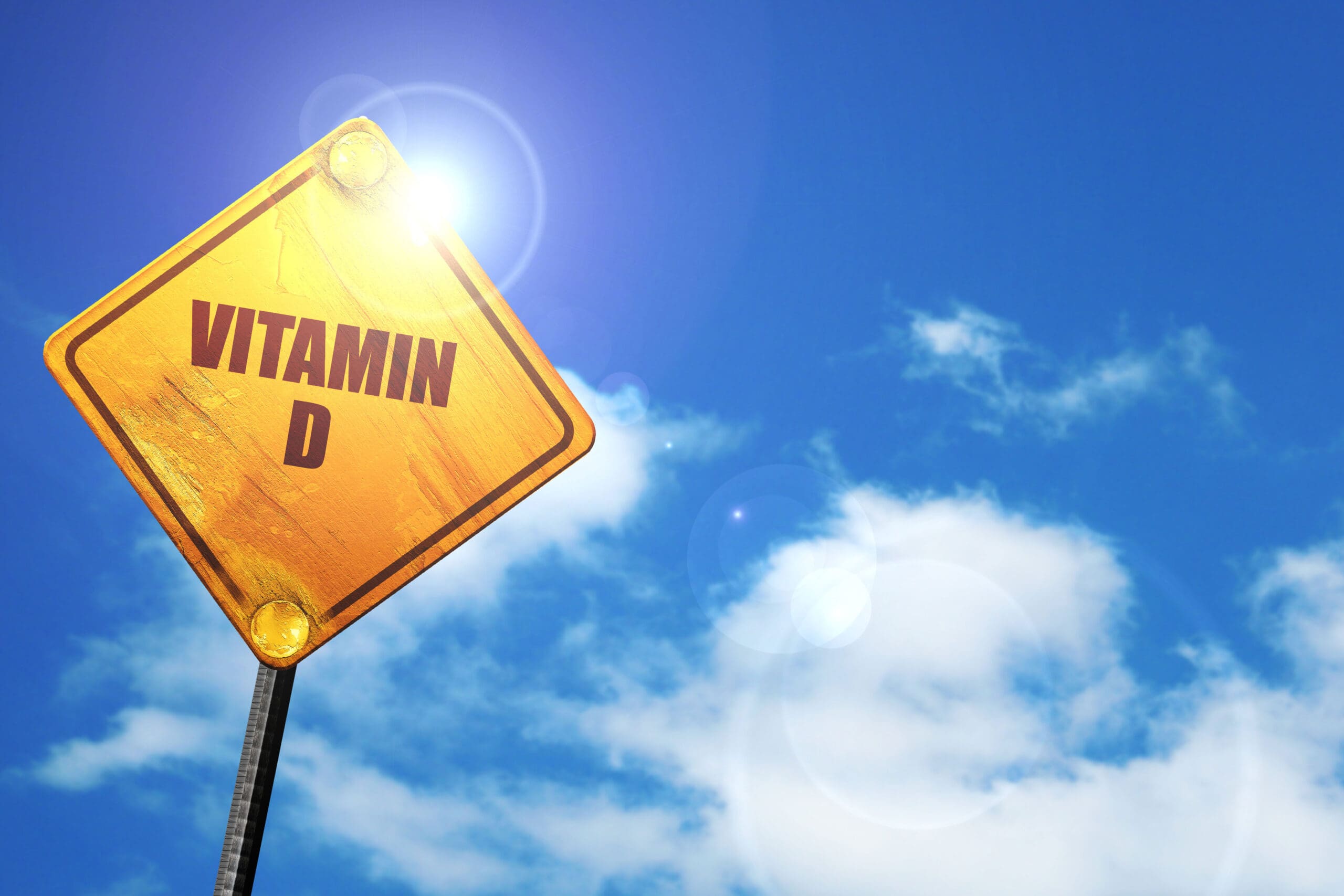
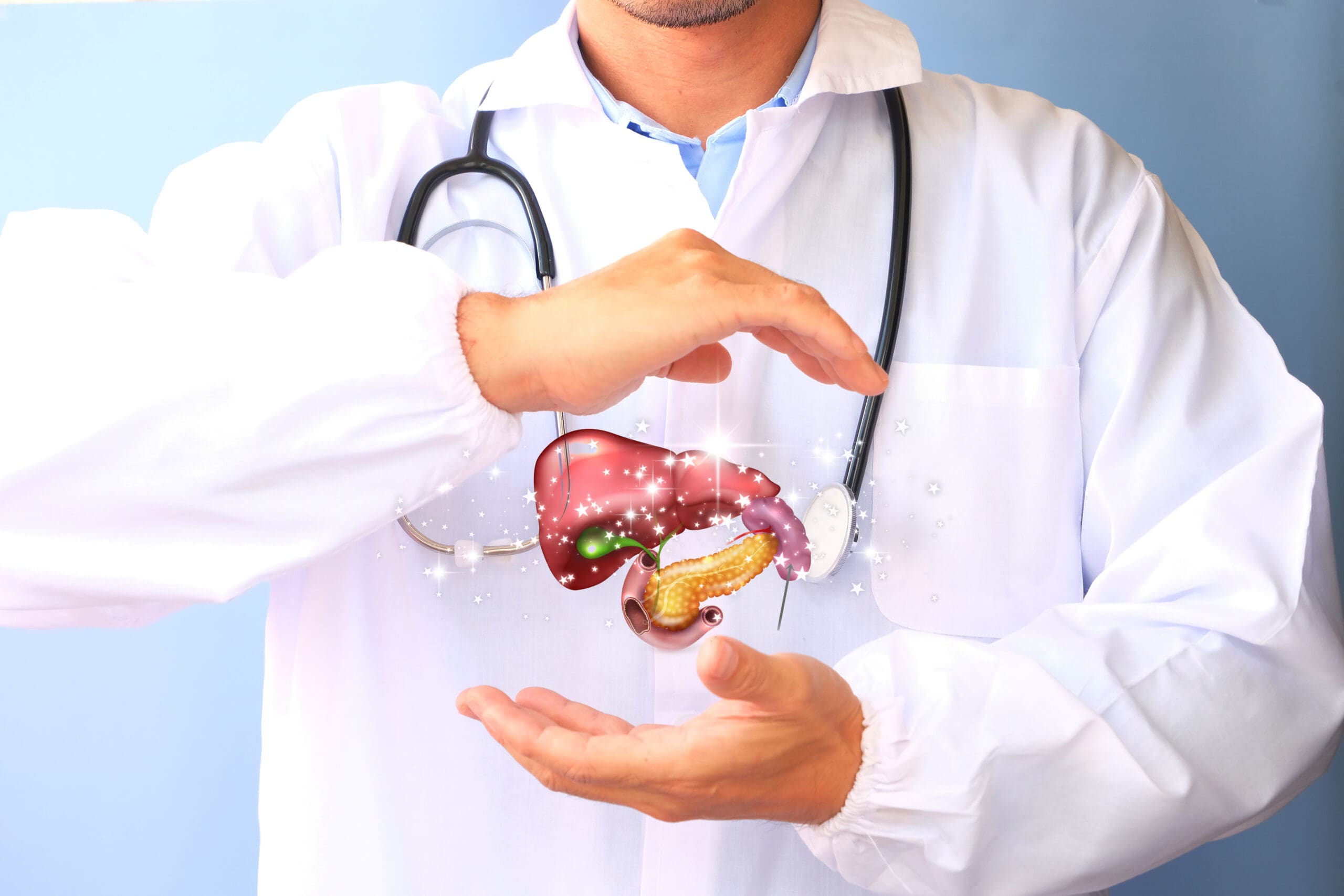
if chicken is ok what about turkey – mince n such ??
Hi Julie,
Yes those proteins are all fine for the liver.
It’s the processed foods that you need to reduce / avoid.
Kind regards,
Louise